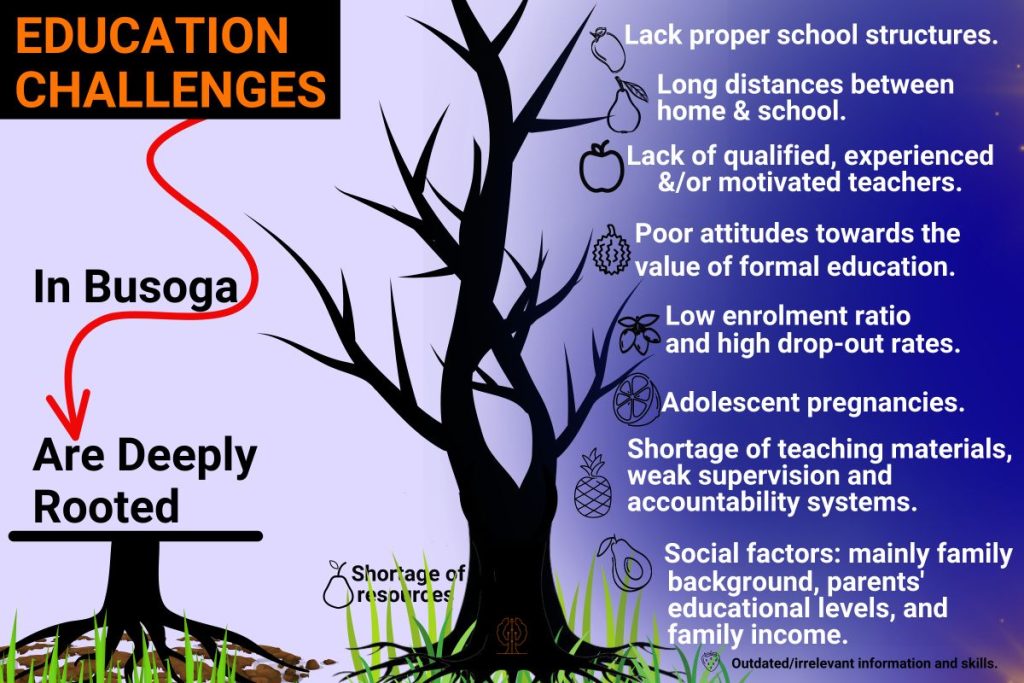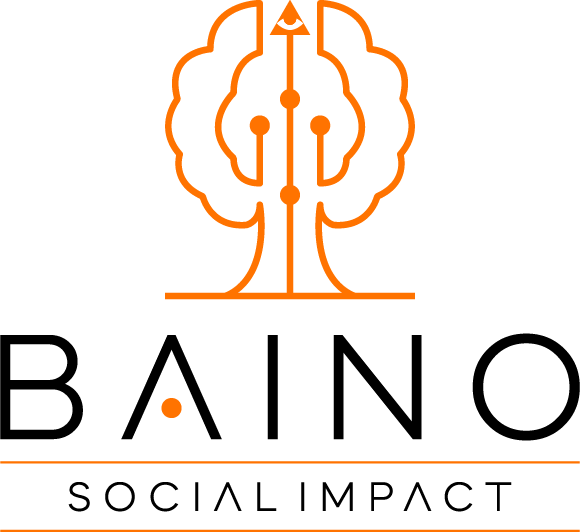Education, the most powerful tool, the key that unlocks, the bridge to understanding, is the soul of society.
However, currently, it’s general knowledge that Busoga region is ranked top of the list of the most illiterate regions in Uganda. For the past couple of years, students of the region have consistently been the worst-performing in the national examinations. That is humbling. It’s the opposite direction of the set objective of the defined vision.
That being said, as paramount as formal education is, it is not a magic pill to solve all the challenges in the region. In addition, gaining the status of a literate society is more of an indicator of good decisions made along the way but in an actual sense, the journey continues.
A sound equitable education system should not result from educational factors alone.
Various equally critical socio-economic structures should consistently function well collaboratively with the education system.
This statement highlights the essence of modern existence, namely that education is both a human right and a tool for growth and development.
Education, when delivered right, has the potential to empower society and its members to fight off all injustices, whether of locality, identity or any interest.
Regarding education and the region’s set objectives, access to quality education must be typical. This approach to the specified purpose is the future. It’s a future where all children, regardless of their circumstances are obligated to attend school and complete a compulsory minimum number of years of schooling.
Since Busoga region doesn’t have any specific reliable source of income and with limited hope from anywhere else, education is the only achievable backing we can build to forge a dependable source of growth and development in the region.
The attitude of Busoga’s future must therefore be of individuals who embrace a mentality of lifelong learners. The development of that attitude must begin immediately. Lifelong learning is a requirement ingrained in inhabitants of any literate culture. It’s a trait that is built from home, nurtured along the way, and strengthened through adulthood.
Lifelong learning provides a platform for citizens to develop and manage their lives more effectively in this changing global economy.
Only then would they be able to participate in various activities with a broader knowledge and skill set.
The future of Busoga is therefore filled with established structures, facilities, and programs which support continuous learning, covering a range of training and schooling in different spheres of life.
Holistic Education and Talent Development
Formal and informal learning opportunities can help community members discover and develop hidden talents and an array of unique interests and skills that can benefit everyone.
The required kind of education should be holistic in approach and built to capture and encourage the whole essence of a truly learned individual.
Through a quality holistic education, the region of Busoga can realistically progress from being a deprived, agrarian, and poorly educated society to a modern, knowledge-based society, with a high-performing education system as a tool to build a world-class innovative environment.
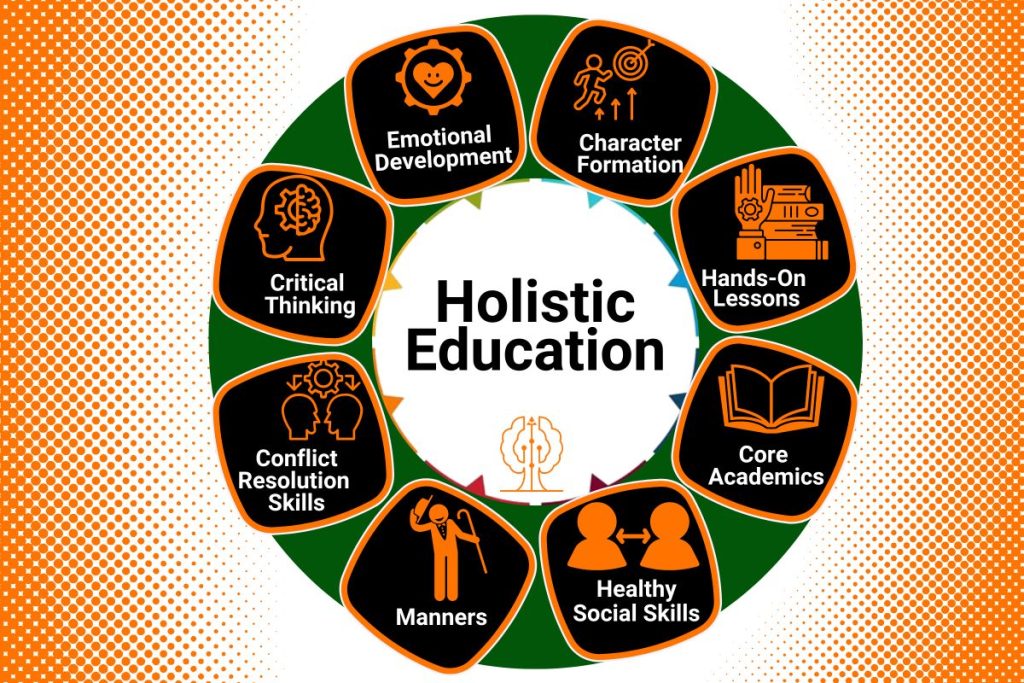
And so, the future of Busoga education is driven by the efforts geared towards eliminating, as much as possible, the structural elements that cause poor performance in education. It’s the future where early childhood education, quality preschool attention, comprehensive health services and a daily free and healthy lunch are all afforded to each student at school.
A Combined Network of Interrelated Cornerstones to Become Literate
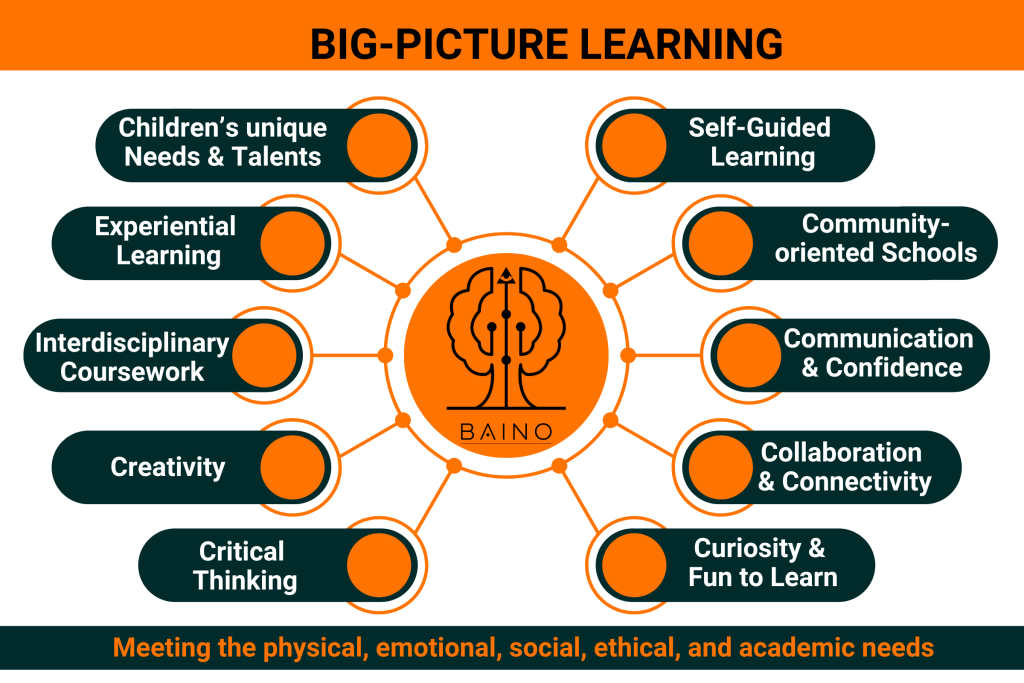
As is the case in all the revered societies in the world, literacy, as a landmark status, is attributable to a whole network of interrelated cornerstones in which children’s quality of life, learning opportunities, parental and community support and involvement, as well as social and cultural context, and the entire education system, combine towards the attainment of a defined objective.
Professional stakeholders then must build a culture of trust around these structures, acceptance of diverse thinking and the right attitude and mannerisms towards learning.
With the speed at which the modern world is moving, education, in general, is struggling to keep up, especially in aligning itself with contemporary challenges. Trust in education, as a result, has been hit.
Education is viewed as a pure profit-making enterprise, and academic degrees or diplomas are progressively being reduced to consumer goods.
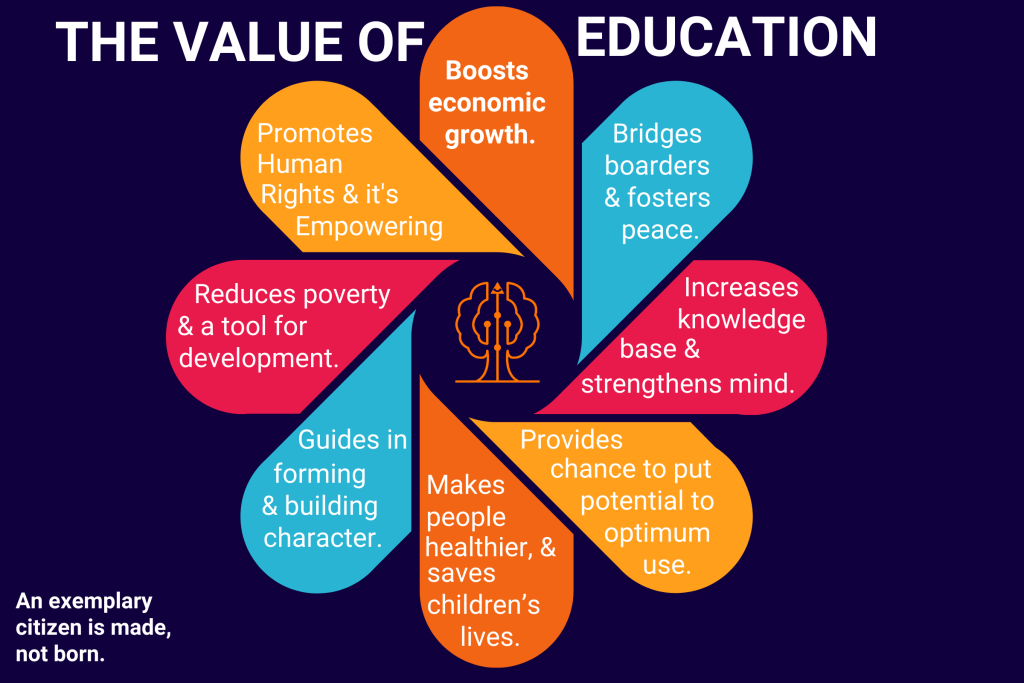
However, regardless of these and other related challenges faced in education, humanity, in general, cannot dare undermine the power of education of learning. A few adjustments are needed to reveal and improve the sacredness of education and continue to reap the benefits.
It’s apparent that the education policies that have had a tremendous positive impact, wherever you find them, have prioritised the need to create equal opportunities and access to quality education for all children—a need to improve the quality of the teaching and learning processes, and to increase participation within all educational levels across their respective communities.
The education policies we rely on have to be examined in order to ensure that at the end of the compulsory education level, our children are well equipped for full productive participation in society and can apply their knowledge to real-life situations.

Equity in Education
People sometimes incorrectly assume that equity in education means that all students should be taught the same curriculum or achieve the same learning outcomes in schools. Instead, equity in education means that all students must have access to high-quality education, regardless of where they live, their parents, or the school they attend. In this sense, equity seeks to cover the differences in education outcomes, not the result of differences in wealth, income, power, possession, or home background.
Equality of educational opportunity and equity of outcomes are essential guiding features that signify more than ensuring that everybody has access to quality education. They reflect the intentions of a socially fair and inclusive system that allows everyone to fulfil their potential and dreams through education.
It’s from such a foundation that a community can, with virtual intent, raise learning expectations for all students and reduce the gap between low and high achievers.
This defined equity will prove a powerful vehicle for attaining Busoga’s goal.
This is critical to recognise, especially in light of the circumstances in the Busoga region, which are typified by low economic, social, and cultural status (ESCS), basic parental education levels, occupations, and other aspects of socioeconomic background.
We have to ensure that our children’s learning in school is less dependent on their family background.
An educational policy that is equitable and that enables students to learn well not only redresses the effects of broader social and economic inequalities but also gives a different meaning to school performance and the way it is measured.
Turning such awareness into practical terms highlights a universal right that all our children have.
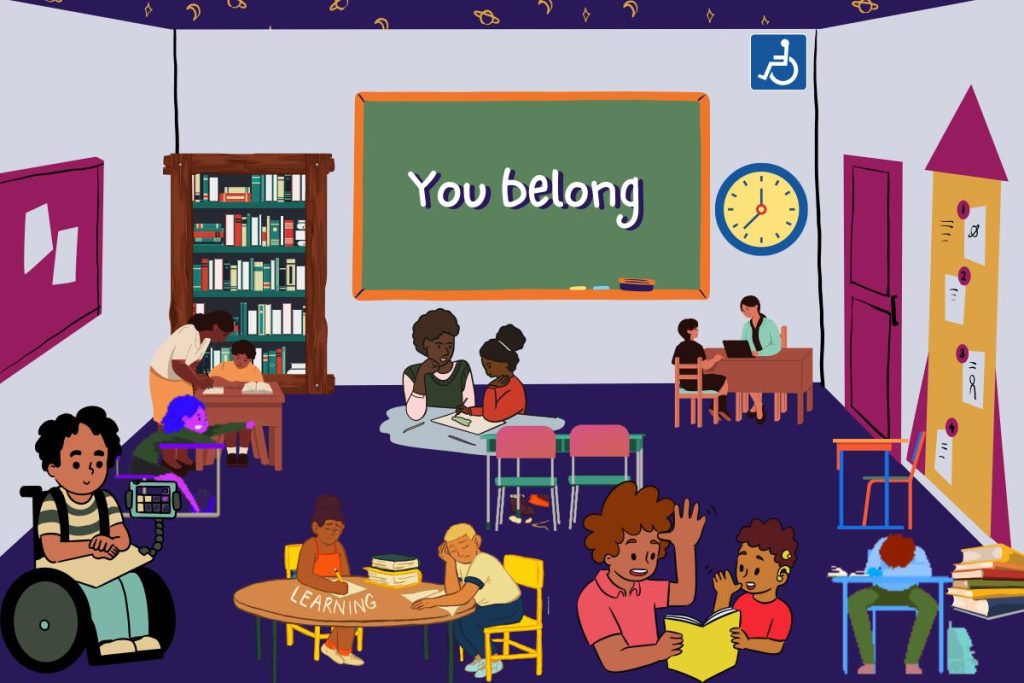
Special Education
We must also pay close attention to children with special educational needs. Children under this category require ‘appropriate’ support we should inject into mainstream schooling.
Special education should not be limited to those pupils that need particular objects and assistive tools. These conditions are usually referred to as sensory and speech-language impairment, intellectual disabilities, physical and behavioural difficulties, or multiple exceptionalities. Usually, such pupils are placed in special education programs, away from the rest of the other students. It should be considered and assumed that all students, at some point in their lives, just like each of us, need support and help to move forward.
Addressing difficulties related to learning, such as in reading, writing, and learning difficulties in mathematics, for example, should be identified as special needs. We have already noted the need for early childhood intervention— that is, there is a need to show interest in identifying, as early as possible, any condition that might stand in a child’s learning journey.
Then, we can detect and diagnose any possible learning and development deficits early on and address them as early as before children start formal schooling. Some pupils may need minimal support, while others may need more intensified help.
The general call is for us to tune in and be aware of the issues that tend to jeopardise the efforts to enhance equity, like sheer external demands and regulation, standardised testing that tends to compare individual students, related statistical averages, blind competition among students, teachers and schools and merit-based pay for educators and school leadership.
